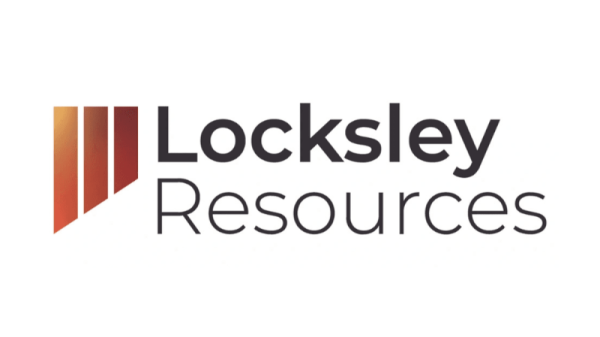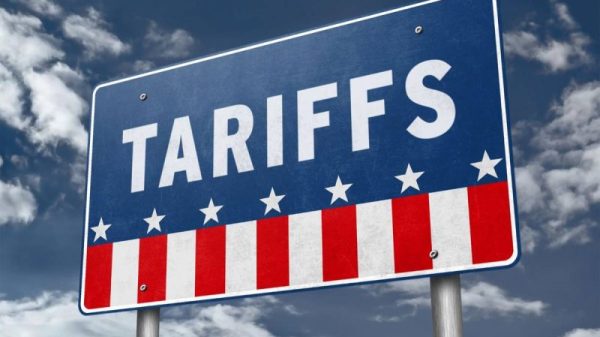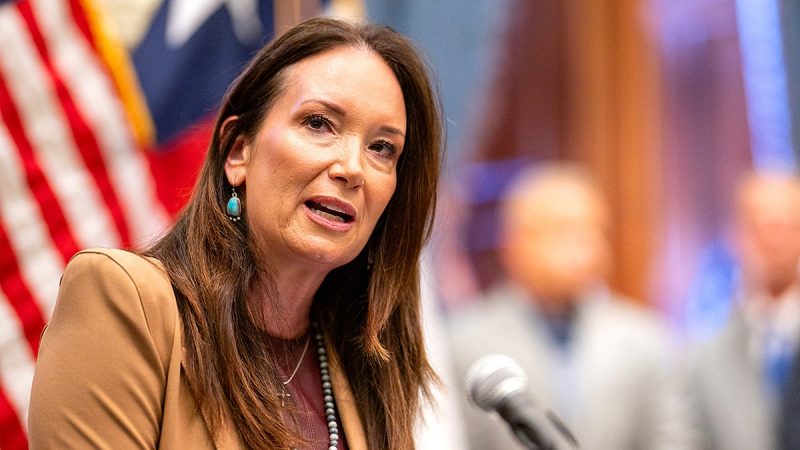A coalition of 25 Democratic governors and attorneys general on Tuesday sued the Trump administration over its refusal to fund the Supplemental Nutrition Assistance Program (SNAP) benefits during the ongoing government shutdown — arguing that a suspension of the aid threatens to disproportionately harm millions of vulnerable and low-income Americans.
The lawsuit, filed in Massachusetts, asks a federal judge to force the U.S. Department of Agriculture to release a portion of the $9.2 billion in SNAP benefits allocated for the month of November.
The Trump administration said Friday that it would not use the Agriculture Department’s roughly $5 billion contingency fund to cover the food stamp benefits provided by SNAP for the month of November. Instead, they said, the agency is planning to keep it on hand to respond to natural disasters.
States warned in the lawsuit Tuesday that halting the SNAP payments, even in the near-term, threatens disproportionate harm for the roughly 42 million Americans that currently receive SNAP aid beginning on Nov. 1, when the food assistance is slated to expire.
‘Shutting off SNAP benefits will cause deterioration of public health and well-being,’ state leaders said in the lawsuit.
‘Ultimately, states will bear costs associated with many of these harms,’ they added. ‘The loss of SNAP benefits leads to food insecurity, hunger, and malnutrition, which are associated with numerous negative health outcomes in children, such as poor concentration, decreased cognitive function, fatigue, depression, and behavioral problems.’
The lawsuit was filed by a coalition of attorneys general and governors from Arizona, California, Colorado, Connecticut, Delaware, D.C., Hawaii, Illinois, Kansas, Kentucky, Maine, Maryland, Massachusetts, Michigan, Minnesota, Nevada, New Jersey, New Mexico, New York, North Carolina, Oregon, Pennsylvania, Rhode Island, Vermont, Washington and Wisconsin.
In the near-term, the states asked U.S. District Judge Indira Talwani, the federal judge in Massachusetts assigned to the case, to order the Trump administration to release the USDA contingency funds to help ensure there is not a lapse in SNAP program benefits beginning Nov. 1.
Judge Talwani will hear from both parties during an emergency status hearing Wednesday, during which she will weigh the states’ request for an emergency order to force USDA to release a portion of its emergency funds to SNAP recipients.
The USDA, for its part, has not yet shared details on the policy decision or decision not to funnel the contingency funds to SNAP beneficiaries.
A note on its website states simply that, ‘[T]he well has run dry.’
‘At this time, there will be no benefits issued November 01,’ the agency said.































